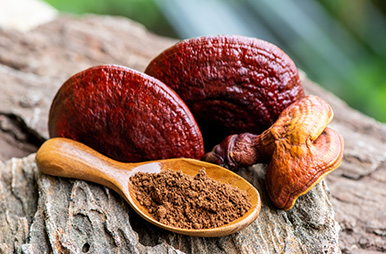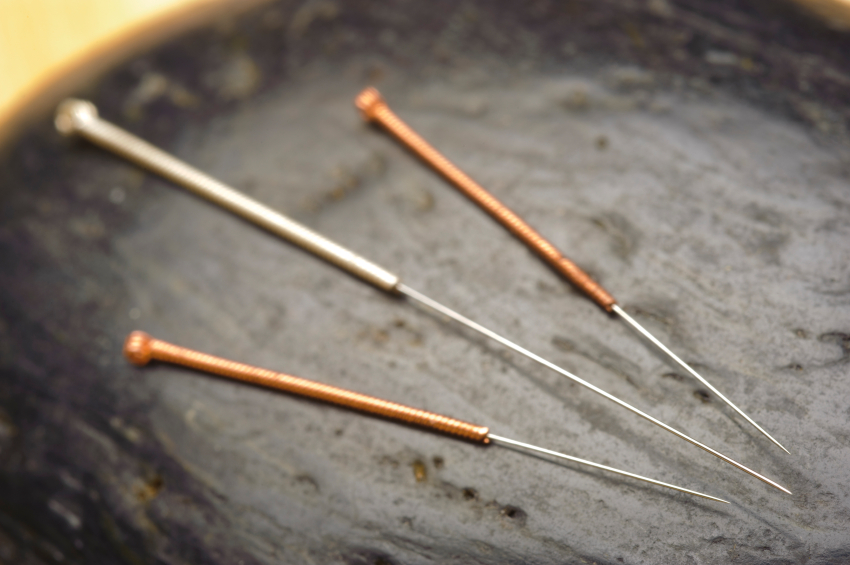
Acupuncture for Inflammation: A Natural and Effective Treatment
What is Inflammation?
Inflammation is a defense mechanism in the body’s immune system. If the immune system detects pathogens, infections, or any foreign object in the body, it responds by releasing white blood cells and other inflammatory mediators. These mediators stimulate nerves and cause the blood vessels to dilate, allowing more blood to reach the injured tissue to promote healing. This process may also create heat, swelling and redness around the area.
Although inflammation is a vital function of the immune system, chronic inflammation can have long-term effects on the body. It has been linked to conditions including asthma, cancer, heart disease and various autoimmune disorders. Factors that can cause inflammation in the body include an unhealthy lifestyle, chronic stress and environmental allergens.
Acute inflammation can usually be treated with non-steroidal anti-inflammatory drugs (NSAIDS) such as ibuprofen and aspirin, but corticosteroids may be prescribed for chronic inflammation. These drugs may offer temporary relief from the symptoms, but they are also known to cause many long-term side effects.
How Does Acupuncture Reduce Inflammation?
Acupuncture is an effective and safe treatment for both acute and chronic inflammation.
It is a form of treatment in which extremely thin needles are inserted through the skin in certain points on the body. It works on the energy meridians of the body by unblocking the obstructed ‘Qi’ (pronounced chee), or life energy.
It stimulates the nerves to correct any imbalances in the system by targeting painful trigger points. The needles used in acupuncture therapy are disposable, which minimizes the risk of infection during treatment.
Hormonal and Cellular Effects of Acupuncture
- Acupuncture helps to reduce inflammation by stimulating the production of hormones like cortisol and dopamine and inhibiting the generation of pro-inflammatory cytokines in the body.
- It also facilitates the release of specific neuropeptides, which can have profound physiological effects.
Acupuncture and Pain Relief
Various studies have documented how acupuncture effectively reduces bodily pain by promoting the release of natural painkillers called endorphins. Acupuncture is known to have positive effects on various diseases – such as arthritis, psoriasis and fibromyalgia – associated with chronic inflammation. The vasodilative effects of acupuncture work to reduce joint pain and stiffness.
Studies show significant decreases in back pain and knee pain when electro-acupuncture is used on patients suffering from rheumatoid arthritis. In electro-acupuncture, low-intensity electrical impulses are applied to the needles. This prevents the release of mast cells that trigger an inflammatory response in the body and is useful for the treatment of conditions like sepsis, Crohn’s disease and rheumatoid arthritis.
Acupuncture and Diabetes-Related Inflammation
People suffering from type-2 diabetes show higher levels of inflammation due to increased insulin resistance. Acupuncture can reduce inflammation caused by diabetes by improving insulin sensitivity and lowering blood glucose levels.
Acupuncture for Stress-Related Inflammation
Some studies suggest a link between chronic stress and inflammation. Chronic stress leads to elevated levels of cortisol, which can result in high blood pressure, digestive issues, insomnia and lowered immune function.
Fortunately, acupuncture can help reduce stress, anxiety and depression by reducing the secretion of cortisol. This helps to relax the body. It also modulates the sympathetic nervous system and improves blood circulation, which helps counteract the physical effects of stress.
Acupuncture also significantly helps to reduce the symptoms of depression and anxiety by affecting the production of serotonin. It alleviates inflammation caused due to stress and protects you from stress-related disorders like diabetes, hypertension, stroke and heart disease.
Consider Acupuncture for Inflammation Relief
If you suffer from inflammation, you may want to consider acupuncture therapy as a form of treatment from a licensed acupuncturist. Depending on your symptoms, they may suggest the required number of treatments. The advantage is that the side-effects and complications of acupuncture are significantly lower than those of medication. Acupuncture addresses the underlying causes as well as the symptoms of inflammation, while reducing the risk of developing diseases associated with it.
Lifestyle Changes to Reduce Inflammation
You might also benefit by making a few changes to your lifestyle:
- Try stress management techniques.
- Reduce smoking.
- Add moderate exercise to your routine.
- Incorporate dietary changes, such as:
Incorporate dietary changes, such as:
- Increase your consumption of omega-3 fatty acids.
- Add fiber-rich foods and spices like turmeric to your diet.
- Reduce processed foods, aerated drinks, and processed sugar.
Related Posts

Nutrition
3 min read
The Amazing Benefits of Reishi Mushrooms
The Reishi mushroom is the superhero of mushrooms, with amazing benefits.

Treatment
3 min read
Acupuncture as Preventative Health Care
Acupuncture treatment can help to strengthen the immune system and leave patients feeling happier and healthier as a result.

Lifestyle
2 min read
Being Alone in Phoenix: Best Meditation Spots
With all the natural beauty in the Phoenix metro area, there are plenty of options to get away from it all and improve your mind and body through meditation.
